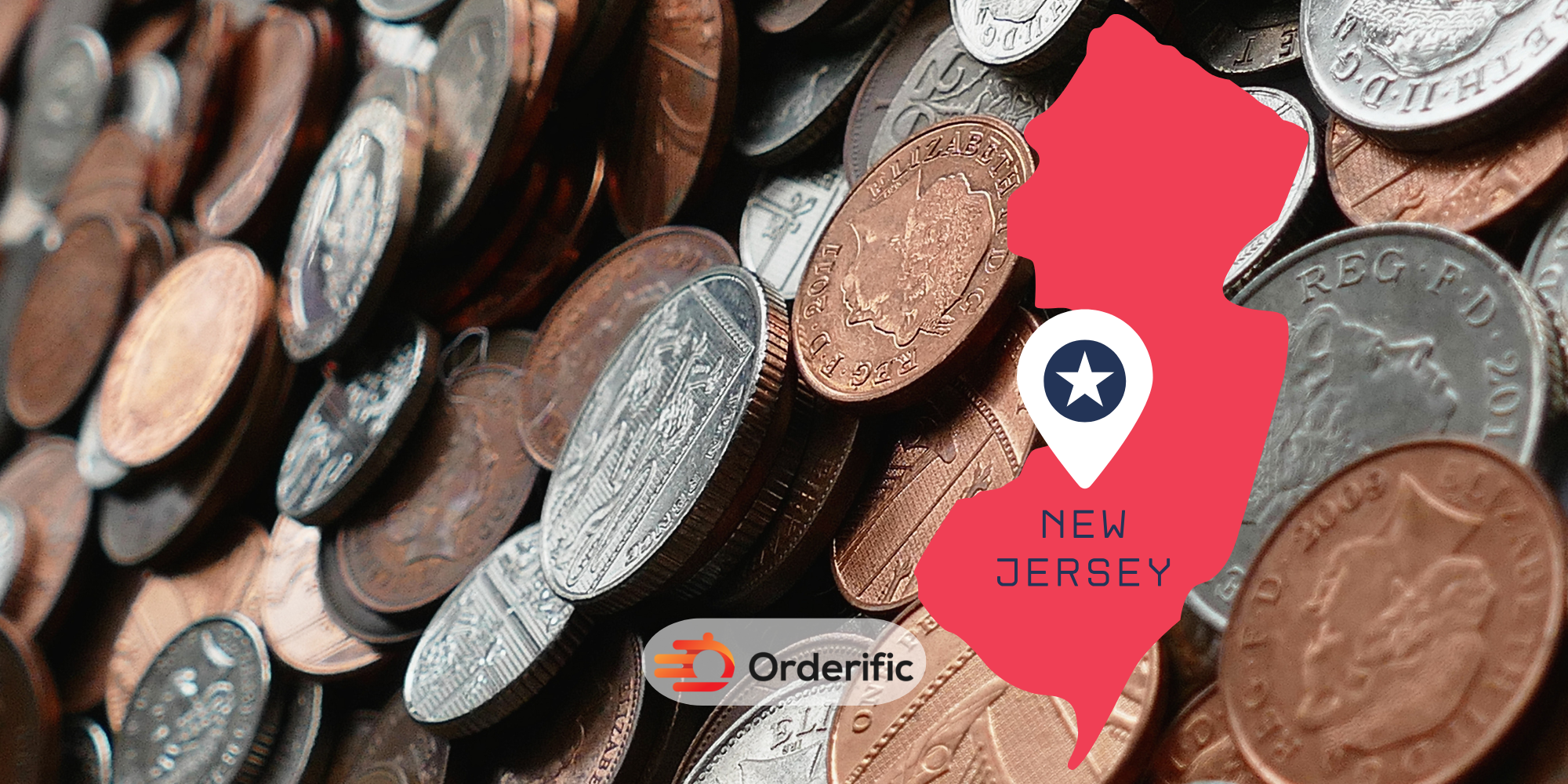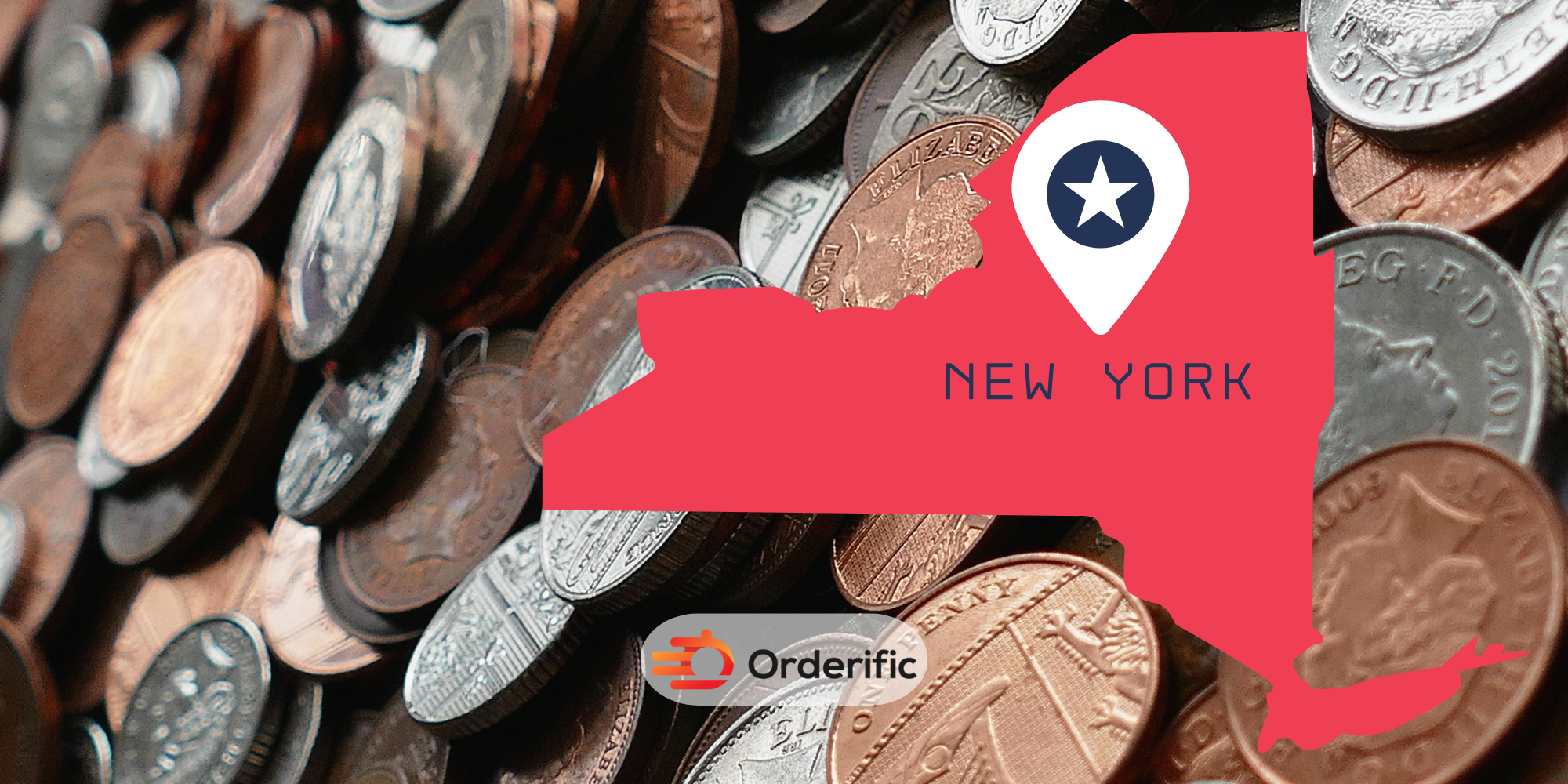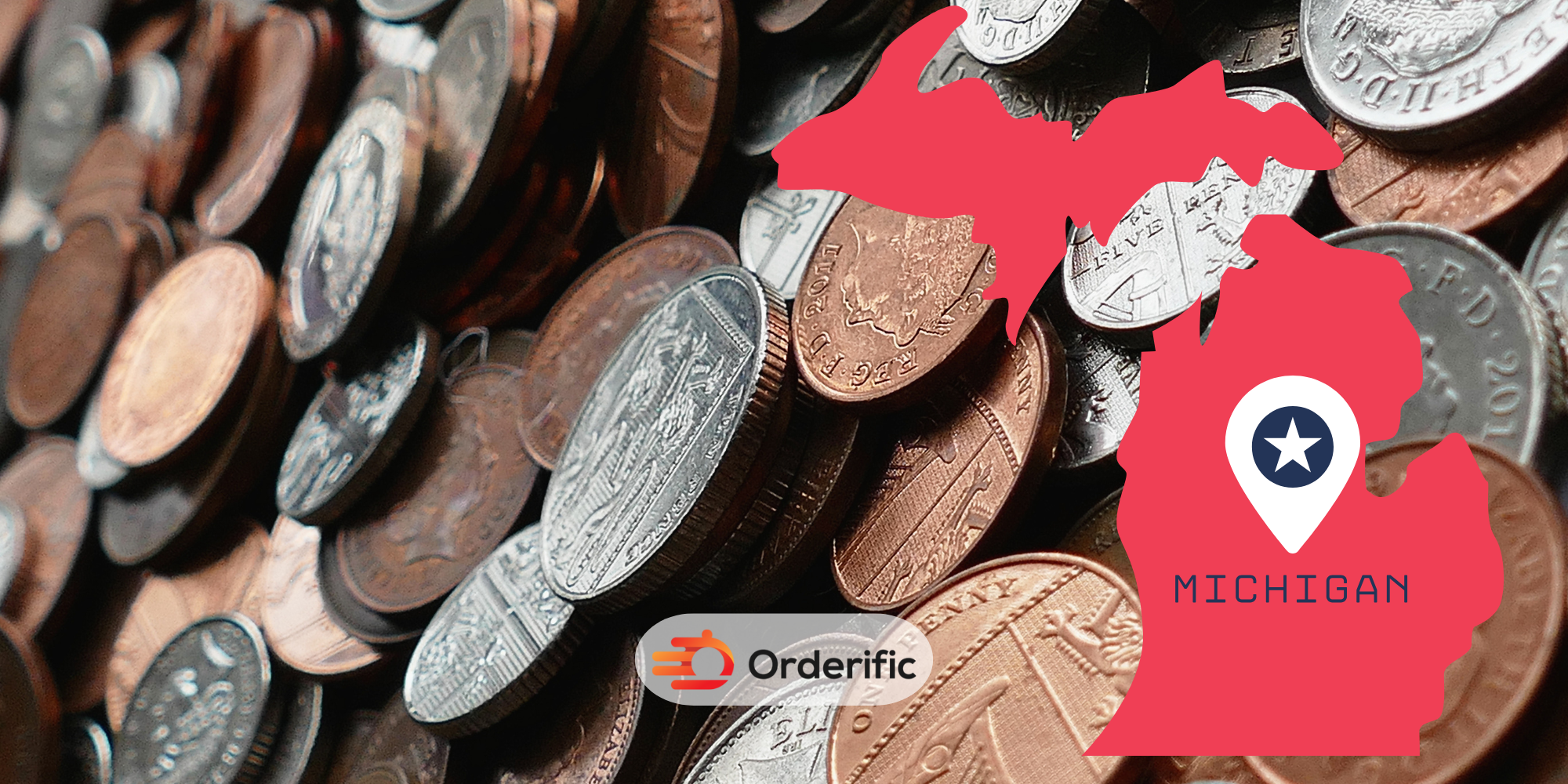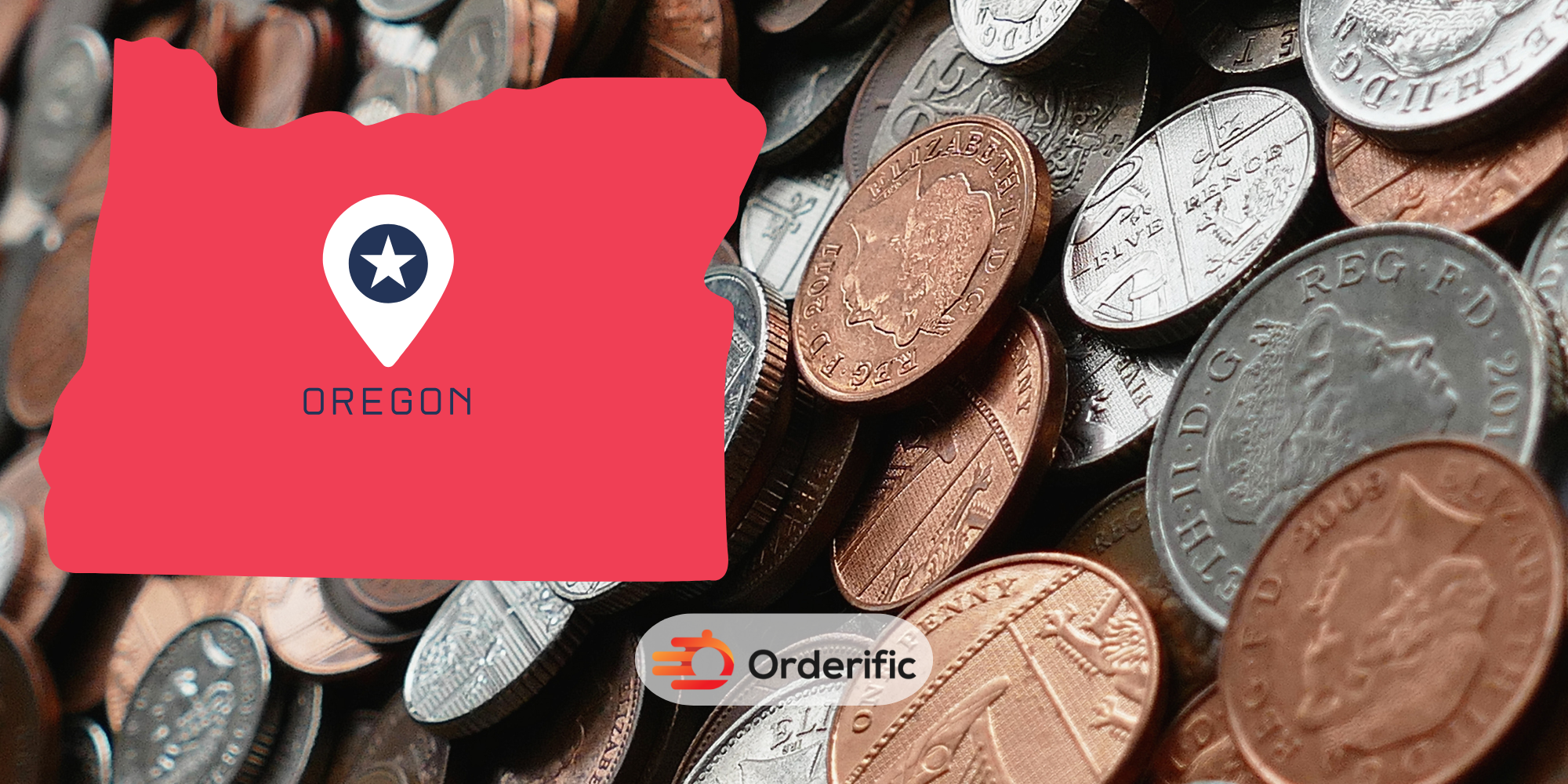Are you an employer or employee in New Jersey? Do you need to know more about the minimum wage and working conditions in the Garden State? New Jersey’s minimum wage law is set at the federal level and must followed by all employers in the state.
The current minimum wage rate for New Jersey State is $14.13 an hour. This went into effect on January 1, 2023. This is higher than the federal minimum wage of $7.25 an hour. Employers in New Jersey must also pay at least the New Jersey minimum wage rate to employees who are exempt from overtime under the Fair Labor Standards Act (FLSA).
In this guide, we will discuss the current minimum wage rate in New Jersey and any changes that have been made to it. We’ll also look at what employers are required to do to ensure their workers are paid a fair wage.
What Is the Current Minimum Wage in NJ?
As of January 1, 2023, the minimum wage in New Jersey stands at $14.13 per hour. This rate applies to most workers in the state, except for a few specific job categories. The New Jersey minimum wage, which is significantly higher than the federal minimum wage of $7.25 per hour, underscores the state’s commitment to providing livable wages and promoting a higher standard of living for its workers.
This wage increase in New Jersey is a result of a law signed by Governor Phil Murphy in 2019, which aims to raise the minimum wage to $15 per hour by 2024. This progressive legislation reflects New Jersey’s dedication to its workforce, and the gradual increases are designed to help businesses adapt to these changes while improving the economic security of low-wage workers.

Changes to the Minimum Wage Law in NJ
It has been steadily increasing over the past few years. In 2016, for example, it went from $8.38 an hour to $10.10 an hour. In 2018, the rate was raised again to $11 an hour. And then in 2022, it rose to its current rate of $14.13 an hour from $13.00. By 2024, the minimum wage rate in New Jersey is expected to rise again to $15.00 an hour. This new rate would be the highest in the nation and would further strengthen New Jersey’s commitment to its workers.
Looking ahead, the New Jersey minimum wage is set to continue its upward trajectory beyond 2024. The state legislature has mandated that starting in 2025, the minimum wage will be adjusted annually based on the rate of inflation, ensuring the purchasing power of minimum wage earners is protected against rising costs. This provision illustrates New Jersey’s ongoing commitment to its labor force and solidifies its position as a national leader in championing fair and livable wages.
How Does the Minimum Wage Affect NJ Employees?
The minimum wage increase in New Jersey has been welcomed by many workers, as it gives them a much-needed financial boost. This wage increase means that low-wage employees will be able to better cover their basic needs and receive more money each week or month.
For employers, higher wages can lead to an improved quality of life for their employees, which in turn can lead to increased productivity and job satisfaction. The increase also encourages employers to retain their employees. As higher wages make it less likely that they will leave for better-paying jobs elsewhere.
How Does the Minimum Wage Affect NJ Employers?
The minimum wage increase in New Jersey has been a boon for employers as well. This law will require businesses to spend more on wages. It can also help them attract and retain the best employees. After all, workers are more likely to stay in jobs that offer higher wages than those that don’t.
Additionally, the increase in minimum wage can lead to higher profits due to increased worker productivity. This could offset the additional costs. Businesses can also benefit from reduced employee turnover and improved customer satisfaction.
Finally, employers should be aware that failure to comply with the minimum wage law in New Jersey can result in steep fines and other penalties. All businesses need to stay up-to-date on the minimum wage law and make sure they comply.
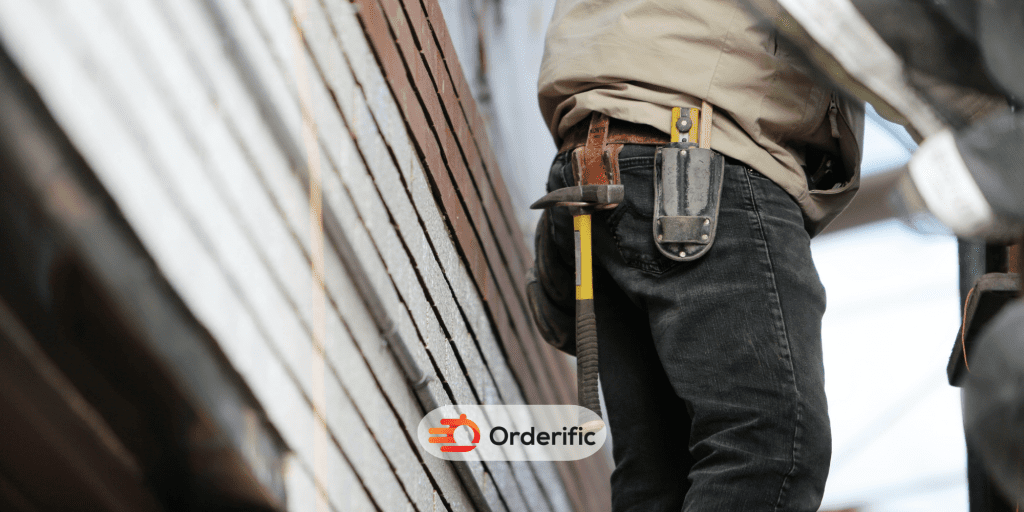
Conclusion
The minimum wage increase in New Jersey is a positive step forward for both employers and employees. It helps ensure that workers in the Garden State receive livable wages, while also providing businesses with access to reliable, productive staff. Employers should keep up-to-date on the current minimum wage rate. And they need to get information with any changes to the law to make sure they comply. In doing so, businesses can ensure that their employees are fairly compensated for their work while also reaping the benefits of a higher minimum wage rate.
You can find more informative content with Orderific here. For the countless benefits Orderific can bring to your business, start trying it out here. Today is Orderific time!
FAQs
What is the minimum wage rate in NJ?
The current minimum wage rate in New Jersey is $14.13 an hour, which went into effect on January 1, 2023. This is higher than the federal minimum wage of $7.25 an hour.
Are there different minimum wage rates for different types of workers in NJ?
Yes. Certain categories of workers may be exempt from the New Jersey minimum wage law, such as full-time students and certain disabled individuals.
Who is exempt from the minimum wage in NJ?
Employees who are exempt from the minimum wage law in New Jersey include full-time students, certain disabled individuals, and other categories of workers.
When will the minimum wage increase in NJ?
The minimum wage is expected to increase again on January 1, 2024, when it will rise to $15.00 an hour.
What happens if an employer fails to pay the minimum wage in NJ?
Employers who fail to pay the minimum wage in New Jersey can face steep fines and other penalties.


